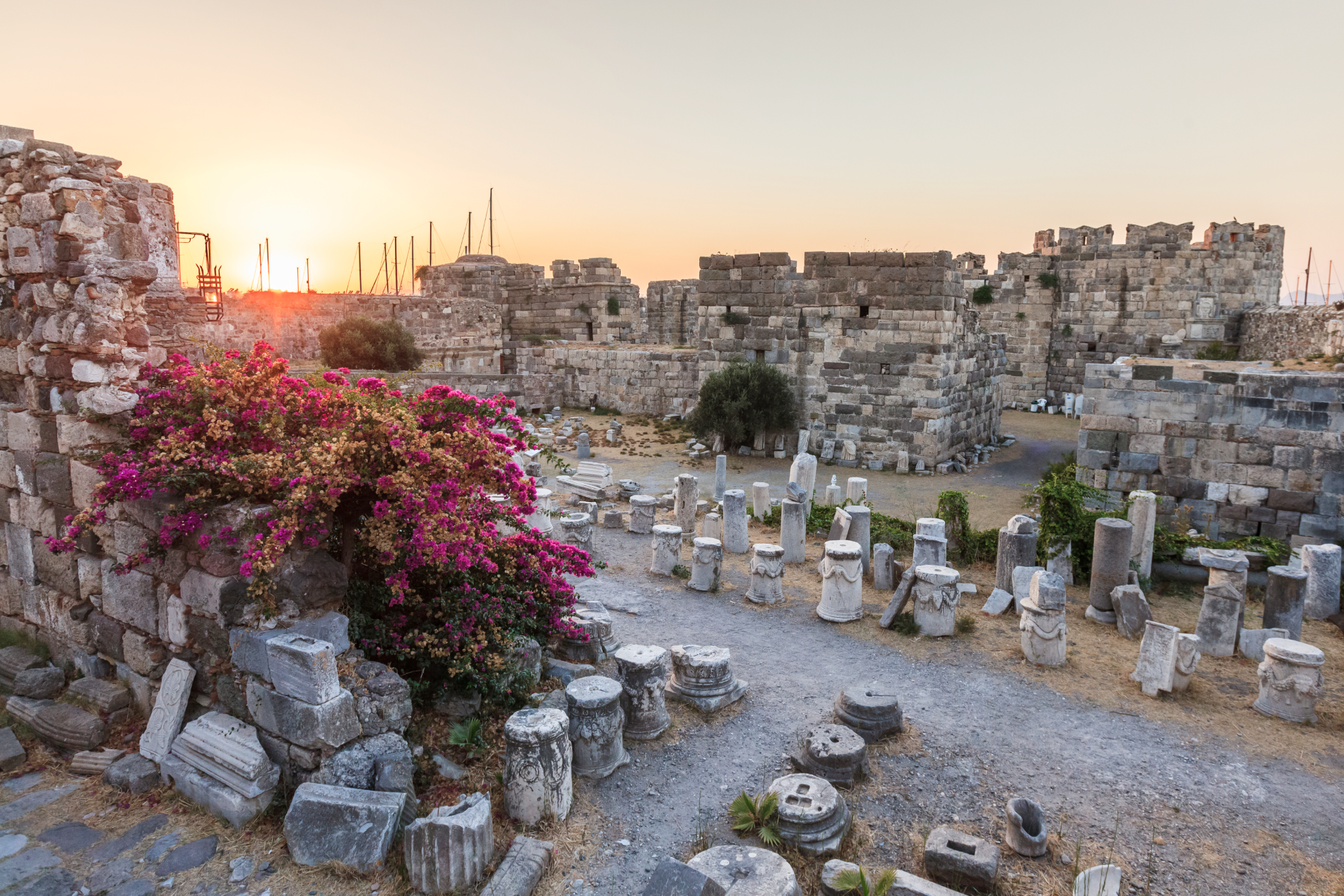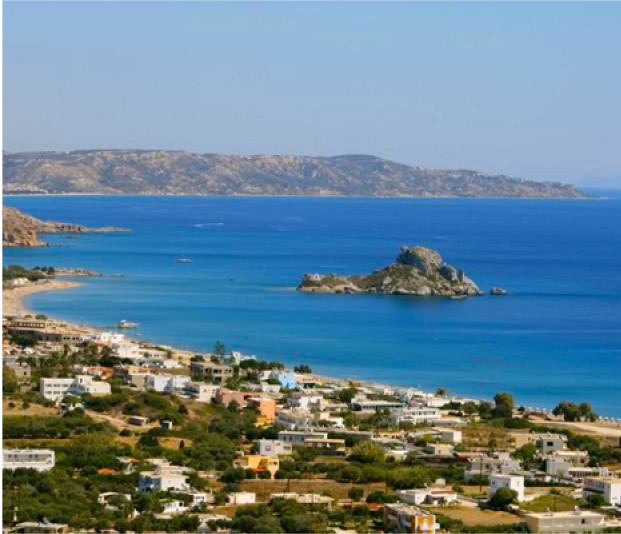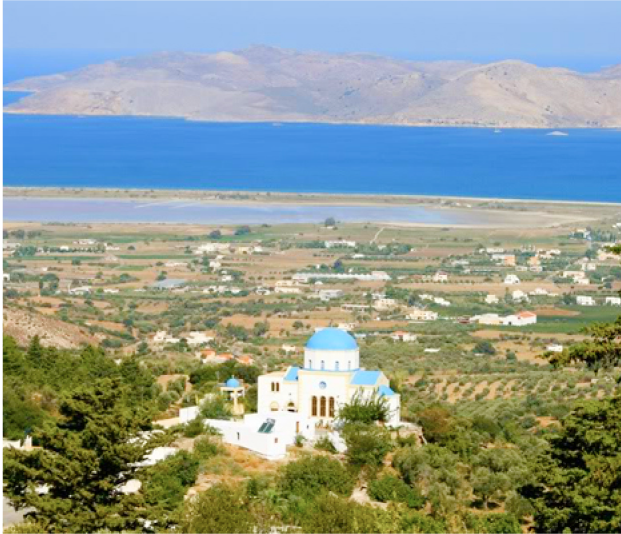citypark
Kos History

Kos was first inhabited in ancient times by the Pelasgians, followed by the Carians in the second millennium before Christ. By the 14th century BC the Achaians from the Greek mainland invaded Kos and they were followed by the Phoenicians.
About the end of 11th Century BC the Dorians made Kos a completely Dorian city state. The community of Astypalia stood out (Now known as Kefalos) but sadly an earthquake in 412 BC reduced it to rubble and the Koans moved to the Skandarios promontory, where they built their own town on approximately the site of today's Kos Town.
Kos suffered in the Persian wars of 500-478 BC when it was occupied by the Persians. In the battle of Mykale in 479 BC the Greeks defeated their enemies and Kos was freed and joined the Athenian Federation.
When Alexander The Great passed through Kos a new period began and by the end of the 3rd century Kos became part of a federation with the island of Kalymnos which lasted for many years.
In 130 BC Kos suffered the same fate as the rest of Greece by falling under the rule of the Romans. Caracella (211-217 AD) gave all inhabitants the status of Roman citizens but with the splitting of the Empire into East and West in 293 AD, Kos was placed under the jurisdiction of the islands of the Eastern Empire; until the empires capital was transferred to Constantinople.
With the spread of Christianity in 5th and 6th centuries, Christian basilicas were built throughout the island and Kos regained it's economic properity. In 7th century the Byzantine State was divided into "Themes" and Kos became part of the Theme of Samos. In 1204 the Venitians took the island and renamed it Lango but by 1304 it came under the rule of a Genonan, Benedetto Zacharia and later Vignolo de Vignoli. They later signed a treaty with the Order of the Knights of St.John and they built fortifications and remained on Kos for 218 years.
With the famm of Byzantium in 1453 the island of Kos was systematically raided by the Turkish pirates and also the Turkish fleet. The Knights fought valiantly but were unable to hold back the Turks who finally invaded Kos in 1523.
The Turks, upon occupying the island, tortured, killed, abducted children on mass and auctioned off property. On 11th July 1821 the Greek war of independence broke out and the Turks killed at least 100 people in Hora, the Islands' capital and committed other atrocities on the basis that the Koans were aiding the Greeks liberation struggle. The economy declined and extremely heavy taxes were imposed.
In 1912 Kos passed to the Italians along with the other islands of the Dodecanese. By the 1920 Treaty of Sevres the Italians agreed to give the islands back to Greece, but this was denounced when the Fascist party of Benito Mussolini took power in Italy. A programme of "Italification'' was pursued and Fascists Italy's attitude towards the people of the Dodecanese was hardened when the Greeks defeated the Italian armies on the Albanian front in 1940 (See page " Name days and festivals")
October 1943 the Germans occupied Kos, bringing with them a new period of terror and barbarity. The Nazis ransacked the villages and the main town, looting homes and shops. On 9th May 1945 the British were welcomed as the liberators by the Koans, and the next year in Paris, the Allies agreed to hand the Dodecanese back to Greece.
On 31st March 1947 the British military authorities officially handed over to Greece the administration of the islands including Kos.


